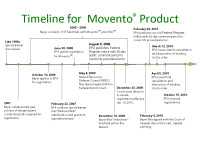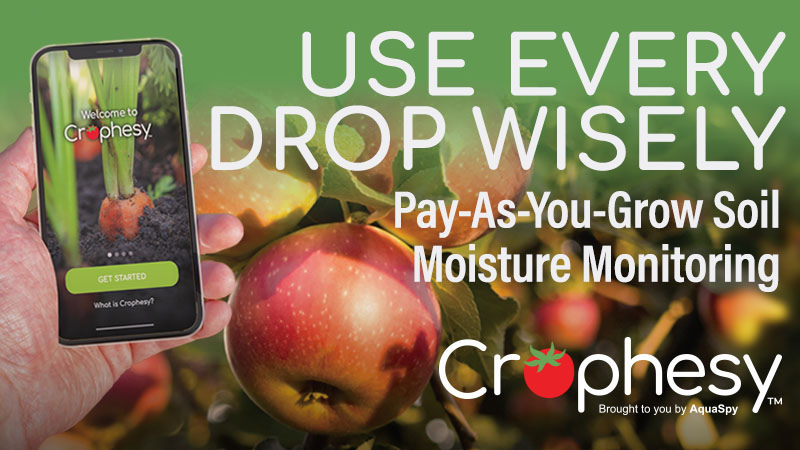
The introduction of a new pesticide, Movento, that was just registered this past fall — for the second time — has really been something of a roller coaster ride. But thanks to the support of growers, consultants, researchers, commodity groups, and even a couple of states’ departments of agriculture, the ride appears to be smoothing out nicely. In the end, about 100 people, many representing huge organizations, wrote in to support Movento’s re-registration. “I was surprised at the total number of people that responded,” says Bayer CropScience product manager Kevin Adam. “Of course, we hope people will be passionate about the product, but it was still very surprising and very meaningful.”
People were passionate about the product because Movento is that rare triple threat in insecticides. It’s extremely effective on a broad range of sucking pests, many of which cause serious problems that threaten entire orchards; it’s quite soft on beneficial insects and the environment at large; and its active ingredient, spirotetramat, is the first member of the new chemical class of tetramic acids developed exclusively by Bayer. Being in a new class means that threat of developing resistance problems, perhaps an entomologist’s worst nightmare, is reduced.
An Inside Job
Not only that, but it has one other quality that will make growers, especially growers of leafy greens, sit up and take notice. It’s a foliar insecticide with two-way systemic activity, so a grower just has to spray a leaf and Movento moves to all areas of the plant, right down to the roots. That’s a tremendous advantage to lettuce growers, who struggle with aphids like the red lettuce aphid, which manages to delve down into the heart of the plant where it’s completely hidden away. Few insecticides have the systemic capability to control such a pest and ensure the grower can harvest a marketable head of lettuce.
Movento was first approved by EPA in June 2008. All was moving along smoothly until environmental groups found EPA had not followed strict noticing procedures and filed suit. A judge agreed, and essentially called a do-over. That meant all those growers who’d been using the product couldn’t use it any more unless the product was re-registered. But Bayer knew they had the growers on their side, says Adam. “We encouraged people to write in if it was a tool that was valuable to them, and they took the opportunity, which is great,” he says. “The amount of industry support from across the board was phenomenal.”
Florida Speaks Out
New Efforts Grow To Help Protect the U.S. Avocado Industry
Florida was very well represented during the public comment period for the re-registration of Movento. A Florida vegetable production adviser voiced his support of Movento this way: “Over the years with the development of new more environmentally friendly chemistry, we have been getting growers to move successfully to softer chemicals approved to replace some of the other harsher chemicals. Spirotetramat is a major tool in the control of whiteflies, mites, and aphids. Most of our many vegetable crops have to be treated for at least two of the three of these insects during any given season. Taking Movento out of the rotation is a terrible mistake in terms of resistance management as well as environmental stewardship. It is particularly needed in the case of whiteflies as many of the older neonicotinoid compounds are becoming less efficacious against this pest and spirotetramat provides growers with a viable control option. I can only hope that this error will be quickly fixed and Movento will be back on the shelves as soon as possible.”
Speaking on behalf of all growers, Florida Farm Bureau commented: “Having access to and being able to legally use important crop protection products, such as spirotetramat, gives Florida’s agriculturists the confidence to produce commodities that feed people all over the world. Spirotetramat is an important and widely used insecticide in Florida on many agricultural commodities including citrus, potatoes, peppers, tomatoes, cabbage, and numerous others to help combat attacks by whiteflies, aphids, citrus psyllids, and certain scale insects.”
0
1
5
Clamoring For Movento
David Eddy is the editor of Meister Media Worldwide's American Fruit Grower® magazine. See all author stories here.









